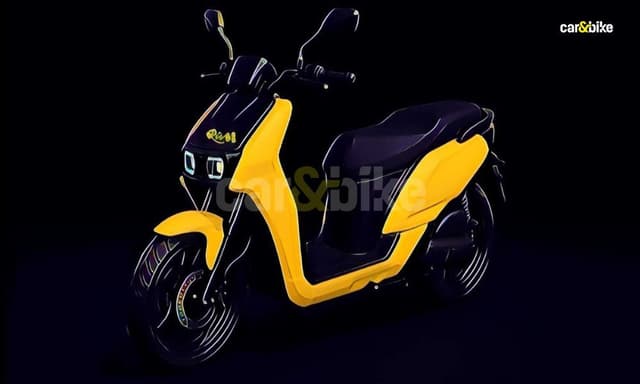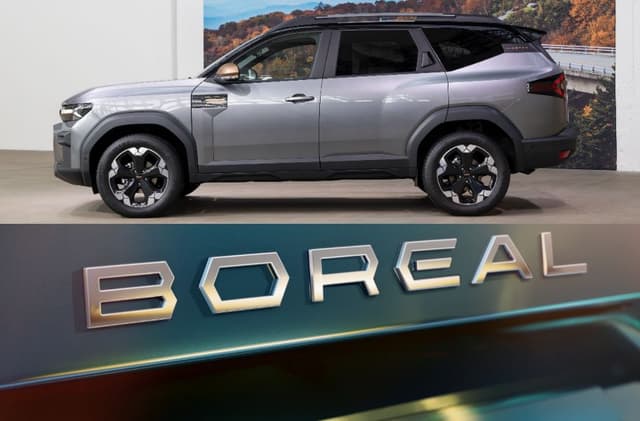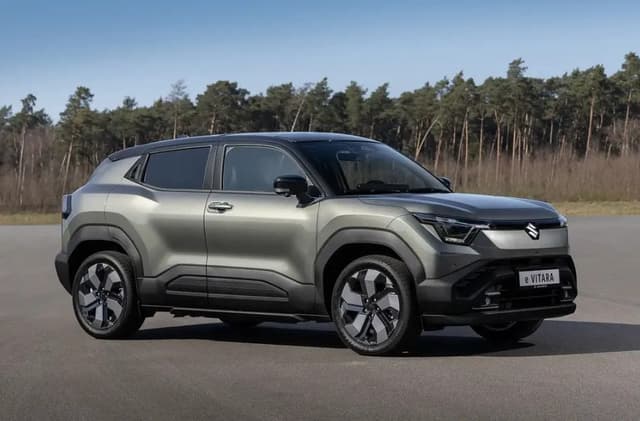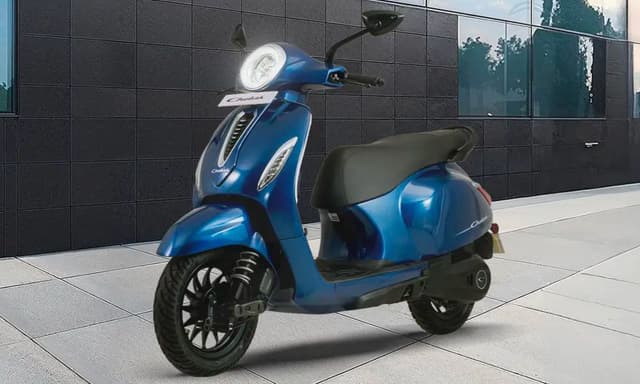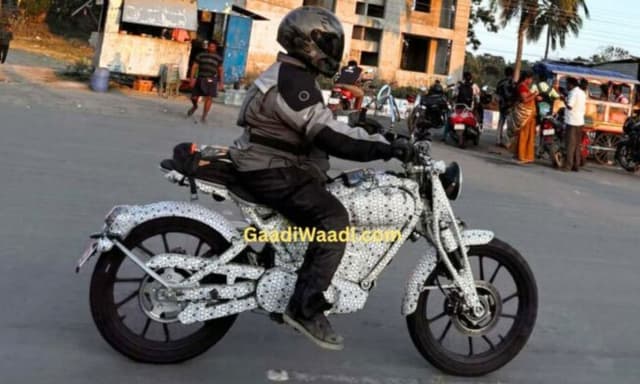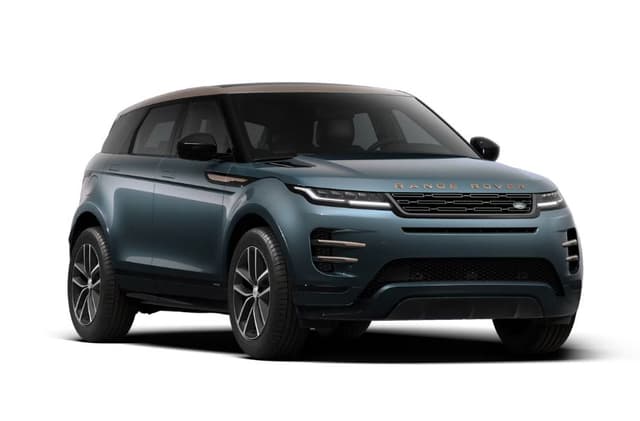Niti Aayog Recommends Sale Of Only Electric Cars From 2030

Highlights
- Niti Aayog has proposed to ban the sale of IC powered vehicles post 2030.
- It had earlier proposed to ban 150 cc and below 2 wheelers and 3 wheelers
- Niti Aayog has also talked about piloting an e-Highway project.
In another ambitious move, Niti Aayog has proposed that only electric vehicles should be sold in the country after 2030. Government's think tank had earlier suggested banning all conventional three-wheelers and two-wheelers which are equipped with engines of up to 150 cc. According to Times Of India report, the committee has forward a cabinet note asking to assign roles to different ministries. Ministry of Road Transport And Highways (MoRTH) has been asked to work on a new framework to phase out the sale of diesel and petrol vehicles by 2030.
Also Read: Electric Two-Wheeler, Three-Wheeler Targets Need To Be Practical: SIAM
That said, the proposal penned down by Niti Aayog is not only limited to vehicles and also talks about the infrastructure to push their sales. It suggests starting an e-Highway programme with an overhead electricity network to facilitate operation for long distance trucks and busses. However, it has suggested piloting the project with selected National Highways which is likely to begin with the upcoming Delhi-Mumbai Expressway. Along with the electrification of national highways, Niti Aayaog has also proposed local manufacturing of 50 GWh batteries by 2030.
Also Read: Is India Ready To Go Fully Electric With Two And Three-Wheelers 2025 Onwards?
In a bid to meet the target, Niti Aayog has also proposed extending financial incentives like cash subsidy on the basis of overall domestic value addition per kilowatt hour (KWh) which will be around Rs 8000 crore. If domestic manufacturing of batteries can be made possible, the maximum cash subsidy will go up to Rs.2000 crore for up to 20 GWh per firm which will be for just one KWh for total value capture. The think tank is also planning to procure 10 lakh direct and indirect job opportunities if the proposal is implemented.
Last Updated on June 19, 2019
